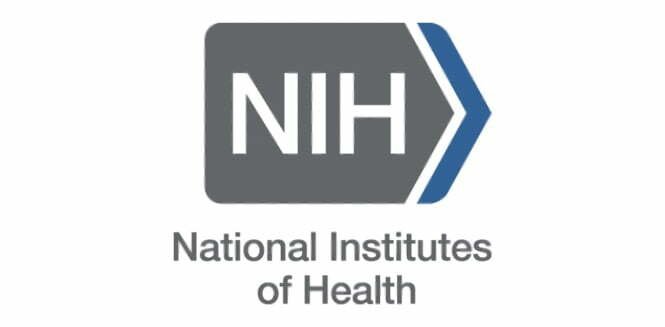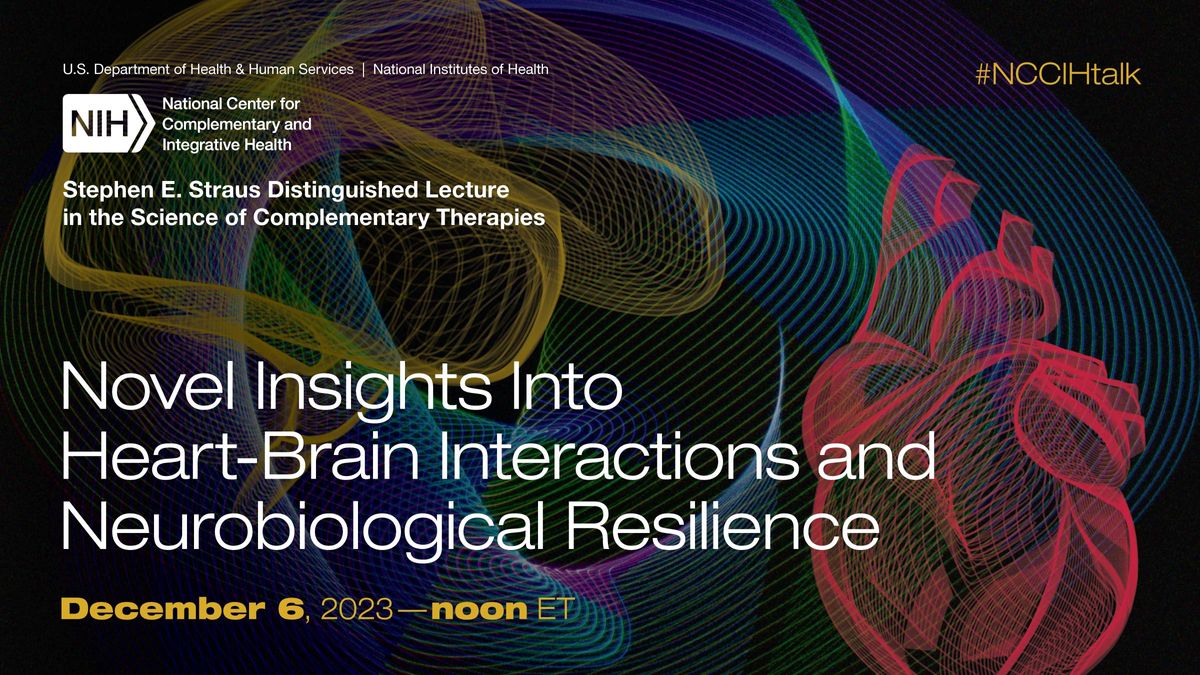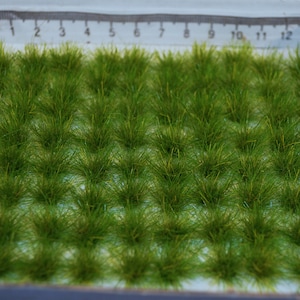
The Neurobiology of Dread National Institutes of Health (NIH)
Everyone has to make decisions involving potential gains and losses. It's not always just a rational choice of what we think will bring the better outcome, though. When the outcome's delayed, the feeling we call dread can make a choice considerably more complex. A new study supported by NIH's National Institute on Drug Abuse (NIDA) shows that people who experience substantial dread about an unpleasant experience can be biologically distinguished from those who don't dread it as much. Understanding how people make choices when faced with unpleasant outcomes may yield insights into how to develop ways to counter behaviors that have harmful effects such as drug abuse.

The John Edward Porter Neuroscience Research Center

Interview With Francis Collins of NIH - The Atlantic
An Examination of Child and Adolescent Neurodevelopment Through National Institutes of Health Studies - Nora D. Volkow, Joshua A. Gordon, George F. Koob, Linda S. Birnbaum, Janine A. Clayton, Walter J. Koroshetz

Neurology Reviews - NORD MARCH 2020 - KAT6A Syndrome: An Ultrarare Condition in Search of a Treatment

The NIH Director National Institutes of Health (NIH)

40 Postdoctoral Positions at National Institutes of Health (NIH), Maryland

Neurobiological Substrates of Dread

Emerging Horizons in Retinal Genetics, Biology and Disease - The Association for Research in Vision and Ophthalmology

Francis Collins to step down as director of the National

Novel Insights Into Heart-Brain Interactions and Neurobiological Resilience
Chemogenetic Technique Turns Mouse Behavior On and Off - Neuroscience News

Discover a Career at NIH









